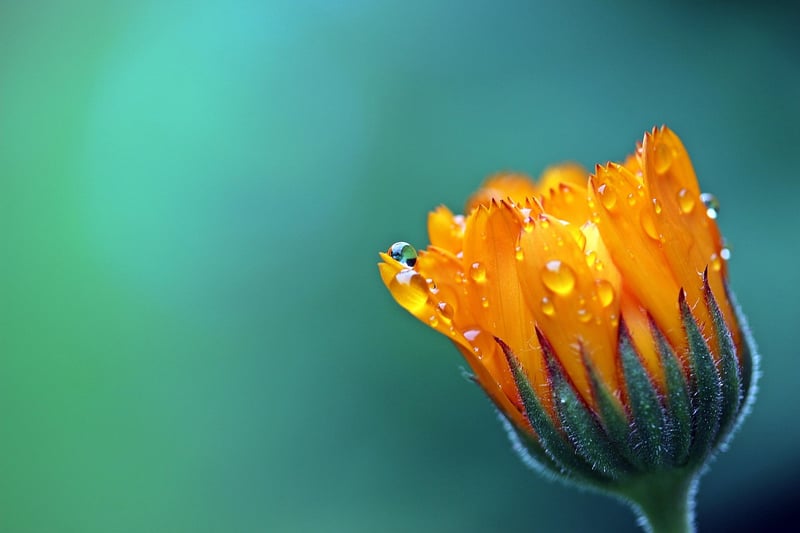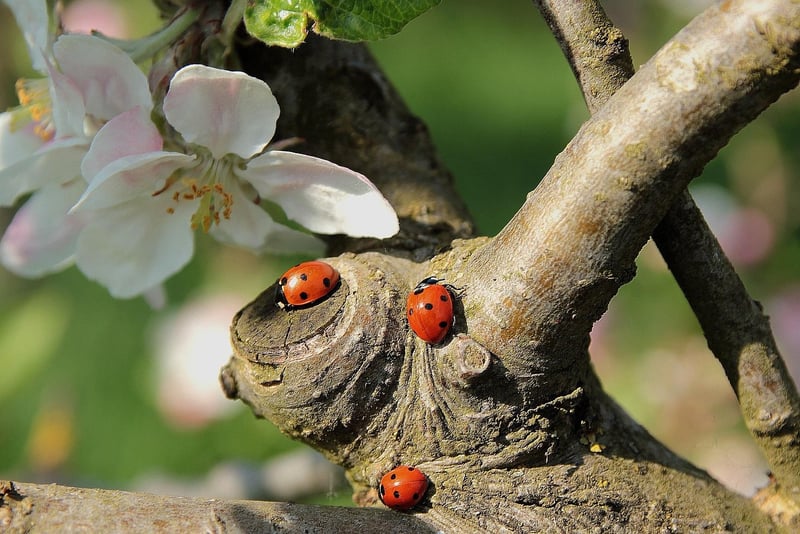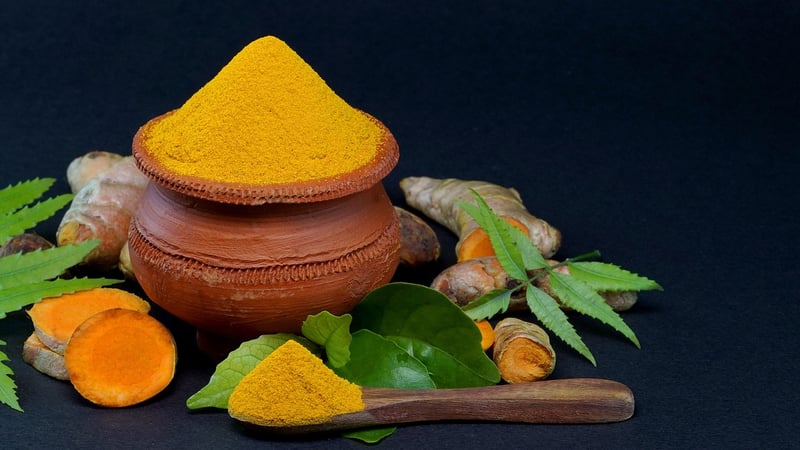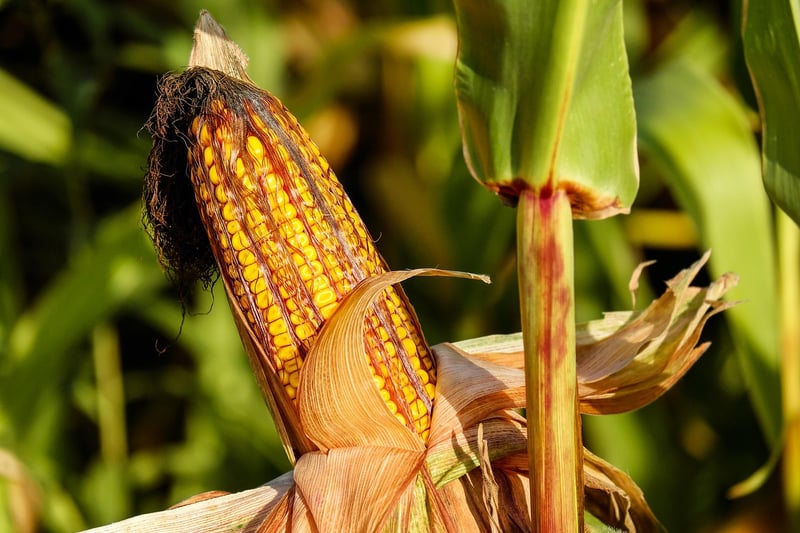Pest Control Methods
Keep Your Garden Thriving: Pest Control Methods
Having a beautiful garden is a joy for many, but pesky pests can quickly turn your green space into a battleground. With the right knowledge and tools, you can keep your garden thriving and pest-free without resorting to harmful chemicals. Here are some effective and eco-friendly pest control methods to help you maintain a healthy garden:
1. Companion Planting
Companion planting involves growing certain plants together to repel pests or attract beneficial insects. For example, planting marigolds alongside tomatoes can deter nematodes, while growing basil near tomatoes can improve their flavor and repel pests like aphids.

2. Natural Predators
Encouraging natural predators like ladybugs, lacewings, and birds in your garden can help control pest populations. Ladybugs, for instance, feed on aphids, while birds like sparrows consume caterpillars and other insects.

3. Neem Oil Spray
Neem oil is a natural insecticide that can effectively control a wide range of common garden pests, including aphids, mites, and caterpillars. Mix neem oil with water and a mild soap and spray it on your plants to deter pests.

4. Diatomaceous Earth
Diatomaceous earth is a fine powder made from fossilized algae that can be sprinkled around plants to control slugs, snails, and other crawling insects. The powder absorbs lipids from the pests' exoskeletons, dehydrating and eventually killing them.

5. Crop Rotation
Rotating your crops each season can help prevent the buildup of pests in the soil. Different plants attract different pests, so by rotating your crops, you can disrupt pest life cycles and reduce infestations.

By incorporating these natural pest control methods into your gardening routine, you can protect your plants, promote biodiversity, and create a thriving garden ecosystem. Happy gardening!
References:
University of Minnesota Extension - Using Beneficial Insects
Planet Natural - Pest Problem Solver
University of Minnesota Extension - Diatomaceous Earth in the Garden
